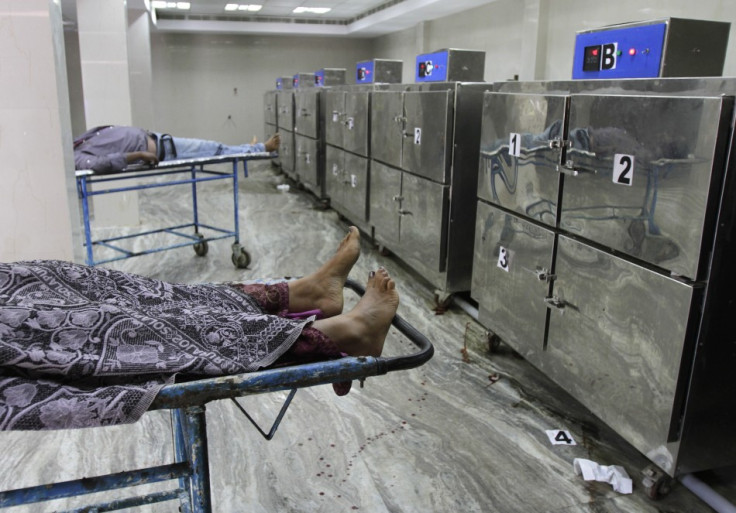Medical error is the third leading cause of death in US says new study

Hospital treatment is becoming more and more risky. According to a new study, one of the major causes of death in the US is error during medical execution.
The study, which was published in the medical journal The BMJ on 3 May, states that while cancer and heart diseases ranked above medical error as the top causes of death, surgical disasters, accidental drug overdose and other medical mistakes were responsible for 251,454 fatalities in 2013 alone.
Professor Martin Makary and Michael Daniel of Johns Hopkins University School of Medicine, who authored the paper, explained that the major fatality causes compiled by the Centers for Disease Control and Prevention (CDC) is based on death certificates filled out by physicians, funeral directors, medical examiners, and coroners who assign an International Classification of Disease (ICD) code to the cause of death, a list that does not include medical error.
"The science of safety has matured to describe how communication breakdowns, diagnostic errors, poor judgment, and inadequate skill can directly result in patient harm and death," the study stated.
The research proposed that the system for measuring national vital statistics be revised to include medical care errors in order to get a better understanding of cause of deaths in the US as well as other countries that use the ICD code.
"We spend a lot of money on cancer and heart disease but we have not even recognized that medical error is the third leading cause of death in the United States," Makary told NBC News.
"We have not as a country recognized the endemic problem of people dying from the care that they receive rather than the illness or injury for which they seek care."
Medical personnel and institutions prefer to keep knowledge of a mistake on their part, to themselves rather than take onus for the death. But if the government does make medical error an official cause of death, hospitals and care centres will be forced to up their standards.
Using an airplane analogy Makary added, "When a plane crashes, we don't say this is confidential proprietary information the airline company owns. We consider this part of public safety. Hospitals should be held to the same standards."
© Copyright IBTimes 2025. All rights reserved.






















